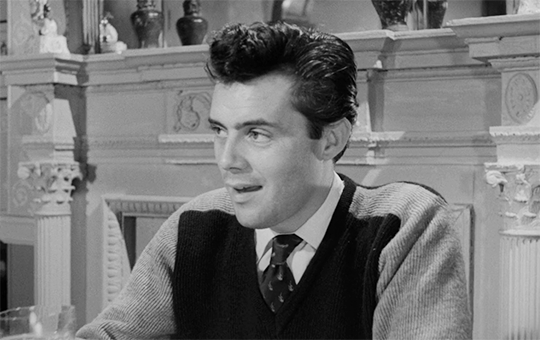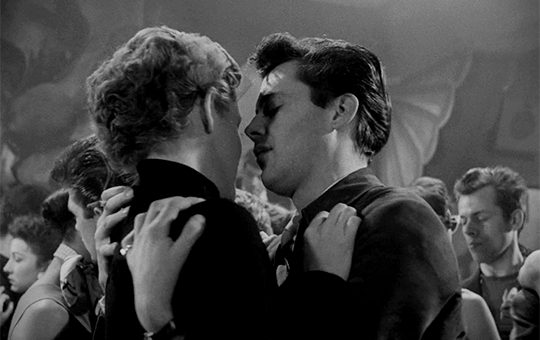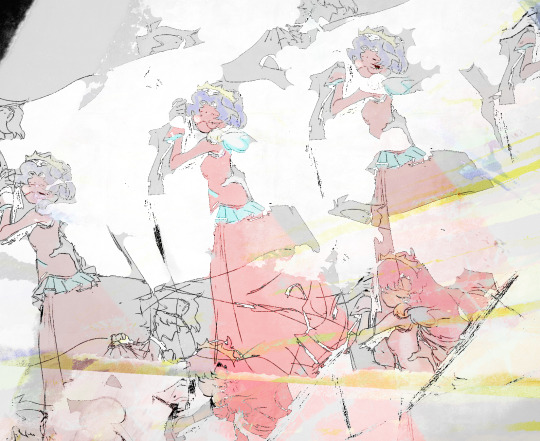mj/disco (he/she) / 22 /if its niche its probably up my alley / 🔆art blog @saltseashark☀️</p>
Don't wanna be here? Send us removal request.
Text
Ok whats your guys favorite mountain goats song except you arent allowed to say no children or this year . Mines unicorn tolerance. If you cant think of any other favorites may I recommend listening to goths. That entire album. And also Tallahassee and the sunset tree (the ones no children and this year come from.) This isnt passive aggressive or anything I just really like tmg and if you liked those there are a LOT more like it. Please. Take my hand
2K notes
·
View notes
Text

Pisses rain for weeks but @SkyNews waits for someone 'official' to tell them it's raining rather than look out the fucking window.
2K notes
·
View notes
Text
haunted by the existence of a live tv broadcast of rope aired in 1947 (a year before the hitchcock one) with dirk bogarde that is almost certainly lost to time
0 notes
Text
paul: i feel EMPTY 😔😭😭 im a talentless HACK 💸 john was right 💔💔💔 i LOVED john 💔💔💔 and now youre going to leave ME too 🏃♀️💨
#im literally inching through this awful biopic its somehow disrespectful to everyone LMFAO#paul and linda
0 notes
Text
and what if i make dirk bogarde's chicken clermont linked on the website for his estate as provided by his nephew for you on a first date. and we browse the website while enjoying a glass of wine together. what if
2 notes
·
View notes
Text


3K notes
·
View notes
Text
#raven strategem by yoon ha lee and snakes and ladders by dirk bogarde!!!!#loving doubling up on a fiction and nonfiction lately#im also inching through mood machine by liz pelly but i have to keep putting it down bc it gets me#sooo angry at spotify. like SO angry.
21K notes
·
View notes
Text

The Beatles backstage at Comiskey Park in Chicago, IL | 20 August 1965 © Robert Whitaker
100 notes
·
View notes
Text
mr bogarde c. immediately post war. sir. agents and directors were throwing themselves at your feet begging screaming and crying for you to call them back and yet it doesn't register yet that you are good at your craft????
#shaking him. people (me) are going insane over your microexpressions well over a decade after filming. please be serious#it is charming how humble he is. he just wants a job 🙄#dirk bogade
0 notes
Photo



Dirk Bogarde as Frank Clemmons in The Sleeping Tiger (1954)
#the eyebrow raiseeeeeeeeeeeeeeeeeee its like he was designed in a lab to fill me with uncontrollable lust#dirk bogarde
26 notes
·
View notes
Text
















the sleeping tiger, josep losey (1954)
#op i hope you enjoyed your watch because i certainly did. excellent caps#dirk bogarde#i need a movie tag
2 notes
·
View notes
Text




Not Every Film I Watch In 2024
25. The Sleeping Tiger (1954)
89 notes
·
View notes
Video
John: There’s no such thing as witches
Paul: There are!
John: Oh no there ain’t!
Paul: Oh yes there are!
John: I say there ain’t!
Paul: *sputtering* Oh yes there is there im te there ther is There is!
George: *arm spasming* Okay Okay we’ll prove it we’ll visit her
John: Right, this way
Paul: No this way
John: *smacking Ringo* This way!
Paul:*smacking George* This way!
John: *basically screaming*THIS WAY
Paul: I said this way i said-
3K notes
·
View notes
Text

devastating. he even sleeps face squished down like alan alda
2 notes
·
View notes



